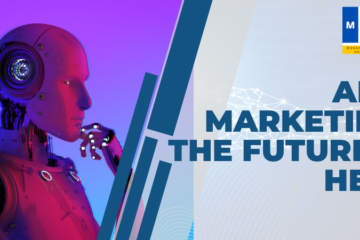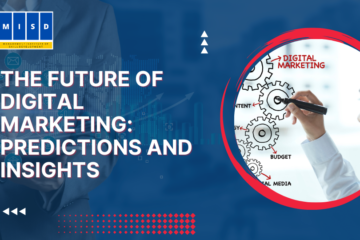Since its inception as the stuff of science fiction, artificial intelligence (AI) has come a long way to become a live, breathing reality of the twenty-first century. Today’s commercial machinery is powered by it. Artificial intelligence has a wide range of applications that have become visible to us as a result of the quick technological breakthroughs. AI never ceases to astound us, from sophisticated self-driving cars and IoT devices to intelligent virtual assistants like Siri and Alexa. Learn about how AI has recently surprised the globe.
Artificial intelligence (AI) is the field of study that deals with the creation of computer systems that are capable of doing activities that ordinarily require human intelligence, such as speech recognition, decision-making, and language translation. AI systems are created to gain knowledge and grow through the experience without explicit programming.
There are various varieties of AI, including:
- Systems that carry out tasks by adhering to a set of guidelines or rules are known as rule-based AI.
- AI systems that are capable of learning from data and experience without explicit programming are known as machine learning systems.
- Neural networks are used in deep learning, a kind of machine learning, to examine and learn from data.
- Artificial intelligence (AI) systems are capable of producing and comprehending natural language (NLP).
Benefits Of AI
1- Automation relieves human workers of some tasks.
Businesses in various facets of the industry are now embracing AI to automate all the tedious and repetitive tasks. As a result, its staff members can concentrate on the more important areas of the company that call for human cognitive and creative ability. AI is freeing up the time of the staff members so they may use it to do value-added services for the business or even upskill. This is accomplished by automating regular procedures.
Moreover, automation lowers operational expenses by reducing the need for labor and promoting quick delivery of tasks, goods, and services.
2-More Individualization
Large amounts of data about specific users can be analyzed by AI to produce individualized experiences. E-commerce websites, for instance, can employ AI algorithms to suggest goods based on a user’s past purchases, search history, and demographic data. This not only enhances the user experience but also aids in boosting revenue and patronage for businesses.
AI can evaluate patient data in the healthcare sector to provide individualized treatment recommendations. Reducing pointless treatments and hospital stays, can enhance patient outcomes and lower healthcare expenditures.
3-AI offers no room for error.
Although the AI we currently have is largely focused on a restricted set of tasks, it is nonetheless capable of completing a wide range of tasks successfully without the assistance of a human. Such is the strength of ML algorithms; if they are effectively designed to carry out certain tasks and to gain knowledge from experience, they leave no space for error. As even the expression goes, “to err is human,” but with people, it is inevitable.
Machines are capable of carrying out a variety of jobs precisely and accurately since they lack emotions and feelings.
Receive Machine Learning Certification from the Best Universities in the World. To advance your profession, earn a master’s degree, an executive Credential, or an advanced certificate program.
4-Enhanced Safety
Systems with artificial intelligence (AI) can be utilized to increase safety across a range of sectors, including manufacturing, transportation, and healthcare. AI systems, for instance, can examine medical data to find a disease’s early warning signals and assist clinicians in making a precise diagnosis. AI-powered solutions in the transportation industry can identify possible risks and stop accidents.
Robots driven by AI in manufacturing can handle hazardous materials and perform hazardous jobs like welding, lowering the risk of injury to human workers.
5-data analysis and research
One advantage of artificial intelligence is this. For effective and seamless data analysis, artificial intelligence is applied. The technology is used to quickly process huge data, which aids in effective processing and outcome prediction.
The process is sped up overall because of the superior processing capabilities; otherwise, it might have taken much longer. This enables users to spend less time on manual labor and more time concentrating on real research and development.
Healthcare, banking, transportation, and manufacturing are just a few of the sectors that employ AI to boost productivity, efficiency, and judgment. AI-powered systems can quickly and accurately analyze enormous volumes of data, spot patterns, and trends, and make predictions, assisting enterprises in improving results and decision-making.
As AI technology develops, it has the potential to change various industries and provide society with a wide range of advantages.




